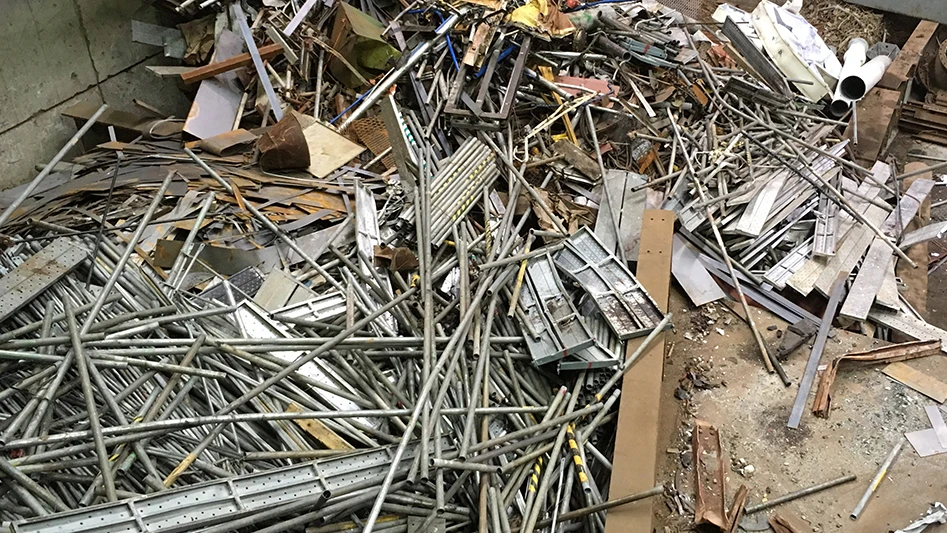
Recycling Today archives
A government agency in Pakistan says that nation imported 36 percent fewer tons of scrap metal in April compared with the previous month and experienced an even greater volume decline compared with April of last year.
India-based news service Steel Orbis says the Pakistan Federal Bureau of Statistics (PFBS) notes the year-on-year April decline as being 72 percent by volume and 71 percent by value.
Pakistan reportedly has been plagued throughout the year by a deficiency of United States dollars, the currency most commonly used to pay for imported commodities.
In January, reports began circulating that importers of many goods—including scrap—were having trouble opening letters of credit and securing U.S. dollars to complete their transactions.
At that time, blame was being placed on a balance of trade problem within Pakistan (heavy on imports and light on exports) causing a dollar shortage. Other culprits mentioned were Taliban hoarding of U.S. dollars in neighboring Afghanistan and a hunger for dollars by Pakistanis travelling overseas.
Also coming into play in April could be reduced business activity during Ramadan, which ran this year from March 22 to April 21.
Pakistan imported 455,000 metric tons of ferrous scrap from the U.S. last year, according to Commerce Department statistics, placing it about eighth globally as an overseas destination, not including neighboring Mexico or Canada.
Pakistan also brought in more than 27,700 metric tons of red metal scrap from the U.S. last year, with the majority of that (24,800 metric tons) classified as unsegregated alloyed scrap.
Currently, Pakistan’s scrap processors and melt shops are not the only ones in the metals supply chain struggling to make import purchases. According to Steel Orbis, PFBS also recorded a 47 percent year-on-year drop in finished and semi-finished iron and steel imports this April and a 27 percent decline compared with the previous month.
A report May 23 from Pakistan-based The News International portrays the nation’s central bank as having $4 billion in U.S. currency, which it says is “barely enough to cover three weeks of imports.”
Latest from Recycling Today
- Vermeer announces plan to build new facility in Des Moines metro area
- PureCycle, Toppan partner on packaging containing PCR
- LKQ to focus on simplification, productivity in uncertain demand environment
- Supreme Court strikes down IEEPA tariffs
- Redwood expands San Francisco R&D footprint
- Constellium posts record Q4 adjusted EBITDA
- QCC torches include customizable features
- Umicore finishes 2025 with increased earnings





